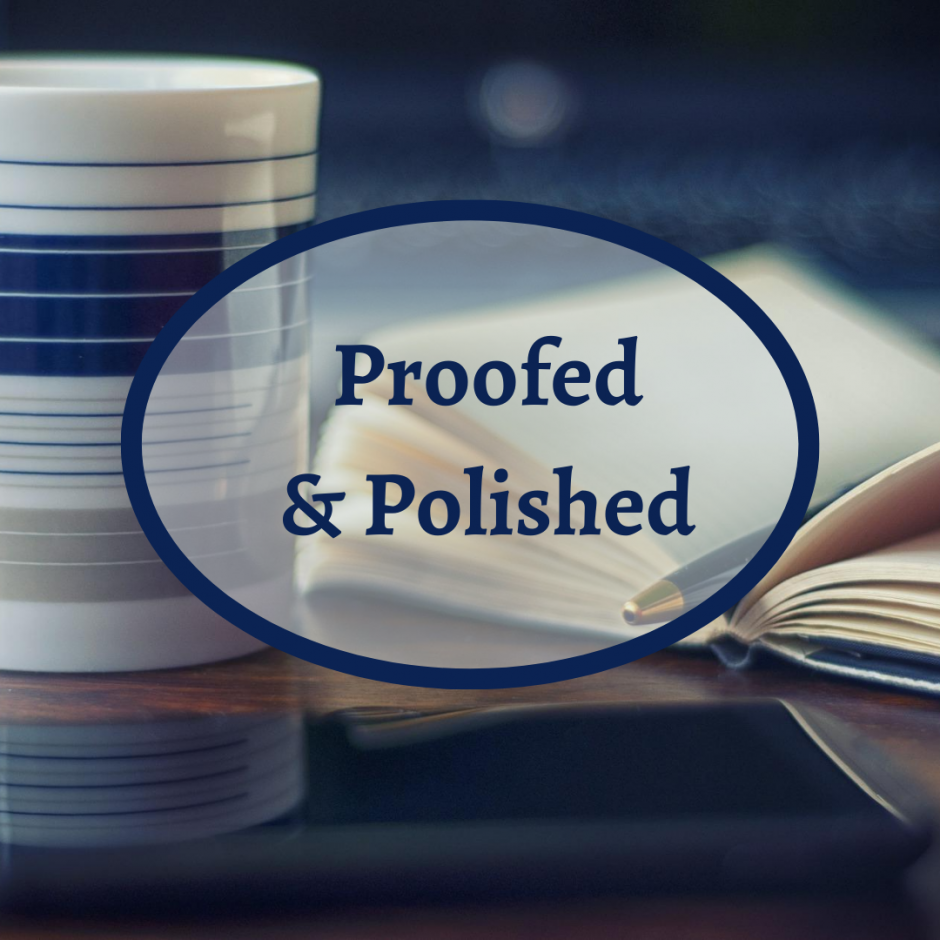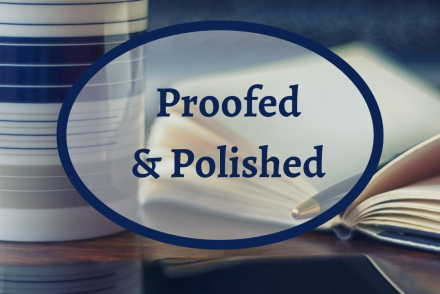To Hyphenate or Not to Hyphenate…
How do you feel about hyphens? Do you use them a lot? Never? Do you sort of close your eyes and randomly stick them in between a couple of words because you think maybe once you saw it written that way?
Hyphens are confusing for many people when they write, because we don’t really understand the rules for using them. Here are a few sets of words with and without hyphens. Can you spot the differences?
- Resign vs. re-sign
- Extracurricular vs. extra-curricular
- Low grade vs. low-grade
…Or, How to Avoid Miscommunicating Your Meaning
Resign vs. Re-sign.
- “Resign” means to give up a position. I resigned from my teaching job because of COVID.
- “Re-sign” means to sign again. I had to re-sign the documents because the agent lost the originals.
You can see how a missing hyphen could really mess up the meaning of your sentence.
All of the ballots had to be resigned because they were rained on and the ink ran.
Wait, the ballots were resigned? Does that mean that they were thrown out? What about my vote?!
Oh, you mean they need to be re-signed, as in signed again. Phew! A much easier solution.
Extracurricular vs. extra-curricular
With extracurricular vs. extra-curricular, the hyphen is just unnecessary. The prefix “extra” can be added to words without using a hyphen. In fact, the majority of prefixes and suffixes don’t require the use of a hyphen. Here’s a list.
Low grade vs. low-grade
Let’s look at that last example in a sentence.
- The baby had a low grade fever, so his mom decided to keep him home from day care.
- The baby had a low-grade fever, so his mom decided to keep him home from day care.
While this may not seem that confusing because people often know what you mean when you say a “low-grade” fever, the hyphen here is necessary, because you are describing the fever, not the grade. Without the hyphen, it seems like you’re describing the grade and saying that that is what is low; what you mean is that the fever grade is low.
Hyphen Rules
1. Use a hyphen to join two words that are meant to function as a single adjective before a noun (like with “low-grade fever”).
Ex. He gave me chocolate-covered peanuts for Valentine’s Day.
(* The adjective “chocolate-covered” describes the peanuts.)
1a. Unless, however, your adjective comes after the noun in your sentence. Then you don’t need a hyphen.
Ex. The peanuts were chocolate covered so I didn’t know what they were. Unfortunately, I’m allergic to peanuts.
(* Because “chocolate covered” comes after the noun it describes, the hyphen isn’t needed.)
1b. Don’t use hyphens with “very” or with adverbs that end in “-ly.”
Incorrect: I prefer a very-hot soup when it’s cold outside.
Incorrect: His extremely-strict policies caused the students to dislike him.
2. Don’t use hyphens with prefixes or suffixes.
2a. Except with these prefixes: “ex-“, “self-“, and “all-“.
Ex. The rookie was very self-conscious about her performance on her first day.
2b. And with the suffix “-elect.”
Ex. The mayor-elect celebrated a victory over their rival.
2c. And always with a prefix + a capitalized word, or a prefix + digits/letters.
Ex. We would like school to start in mid-September, but it often begins before Labor Day.
Ex. In the mid-1960s, the hippie style was popular with many young people, which included tie-dye t-shirts.
3. Use hyphens when you spell out numbers.
Ex. Our two-year-old child is really into dinosaurs.
(*But no hyphen in: Our child is two years old.)
Ex. After forty-seven years, we finally discovered the treasure our grandparents promised was hidden in the house.
4. Use hyphens to resolve potential confusion in a sentence.
Ex. He had a concealed weapons permit. vs. He had a concealed-weapons permit.
(Was the weapons permit concealed or did he have a permit for a concealed weapon? Neither is wrong, but this is where hyphens help to clarify your meaning.)
5. Don’t guess with hyphen use! Look it up in your favorite dictionary or in a style guide, such as The Chicago Manual of Style.
How About You?
Do you struggle with hyphens? Is there a word that you always hyphenate (or never hyphenate), and now you’re confused? I used to hyphenate “e-mail” all the time, but apparently “email” is more common. Although Merriam-Webster recognizes both, they put the hyphen in as the default. Hmmm. Hyphens are tricky!

Dayna Betz is a full-time freelancer providing proofreading and editing services to help writers put their best foot forward. She also enjoys reading and writing book reviews. Head over to her site to learn more: https://betzliterary.com.



 We love helping your growing in your writing career.
We love helping your growing in your writing career.

No Comments